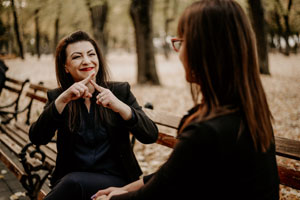 “After all the years of silence and rejection; I felt like I had lost my identity,” these powerful words stared at me from my computer screen, bringing tears to my eyes. The author, an individual with degenerative hearing loss, had recently attended an open-to-the-public cultural event I interpreted for. This person was incredibly grateful to have interpreters for the poetry and music because, as the e-mail went on to discuss, it’s so alienating to live in the grey area between the deaf and hearing worlds. As a CODA, I can kind of relate.
“After all the years of silence and rejection; I felt like I had lost my identity,” these powerful words stared at me from my computer screen, bringing tears to my eyes. The author, an individual with degenerative hearing loss, had recently attended an open-to-the-public cultural event I interpreted for. This person was incredibly grateful to have interpreters for the poetry and music because, as the e-mail went on to discuss, it’s so alienating to live in the grey area between the deaf and hearing worlds. As a CODA, I can kind of relate.

My mother and siblings are all profoundly deaf, and I grew up in a sign language household. My identity takes root in my family’s deafness, and I feel strong sense of pride regarding Deaf culture and ASL. I will admit, it can be challenging for me to speak from an unbiased perspective because I cherish my native language and the customs of my family. As I interact with a variety of people in my line of work, I am discovering that, no matter what their chosen mode of communication, “rejection” is one experience most deaf and hard of hearing individuals share. Often, the hardest rejection of all is that which comes from within the deaf community.
Throughout life, I have witnessed a tragic cultural divide. Working with hearing, hard of hearing, cochlear implant (CI) recipients, and individuals who range the full of spectrum deafness, I have met a number of astounding and inspirational people. People who have their own stories of struggle and success. This theme of rejection recurs in so many of their tales.
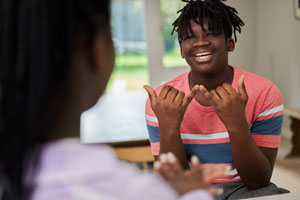 Those who identify as “big D – Deaf” feel rejected by the mainstream implication that deafness is a disability. Oral communicators feel rejected by ASL purists. CI users feel rejected by Deaf culture. And the cycle continues. Nobody is doing it “correctly” if they aren’t doing it your way.
Those who identify as “big D – Deaf” feel rejected by the mainstream implication that deafness is a disability. Oral communicators feel rejected by ASL purists. CI users feel rejected by Deaf culture. And the cycle continues. Nobody is doing it “correctly” if they aren’t doing it your way.
Forced to exist in a social grey area, and so used to fiercely defending their own personal choices, each segment of the Deaf community fears that compromising will lessen their valid claim to righteousness. In America, we value individual freedoms. Why is it so hard to agree that what is right for one person, may not be right for another?
 If there is one thing all deaf individuals excel at, it is adapting to circumstances. Finding a common method of communication is not always easy, but is expected when working in an office, participating in your child’s after school activities, or even just buying coffee. In other words: communicating the best way you know how is a necessary part of life. Whether you choose do do so via technology, ASL, lip reading, or any other method of communication does not make you more right or wrong than anyone else.
If there is one thing all deaf individuals excel at, it is adapting to circumstances. Finding a common method of communication is not always easy, but is expected when working in an office, participating in your child’s after school activities, or even just buying coffee. In other words: communicating the best way you know how is a necessary part of life. Whether you choose do do so via technology, ASL, lip reading, or any other method of communication does not make you more right or wrong than anyone else.
Undermining the personal choices of other members of the community does nothing but perpetuate the cycle of fear, silence, and rejection. Stereotyping and projecting feelings of discrimination onto other people is not a step toward equality or acceptance. I will admit, I have been guilty of exclusionary thinking in the past because my passion for Deaf culture and ASL is strong– but when you are playing defense, you cannot progress. If my beautiful deaf nieces had cochlear implants, I would not love them any differently; and if they don’t learn bimodal communication, I will certainly not consider them inferior.
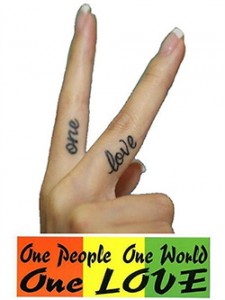
Making generalizations, or judgements, or belittling each others’ experiences is not positive for the deaf community, or humanity on the whole. We all want acceptance for who we are. If people living with hearing loss are treating each other as “less than,” how can we expect to educate mainstream culture? We must stand together, not fall apart. Lets break the cycle of “silence and rejection,” and move forward –together– on a path of respect.
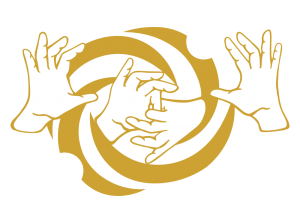

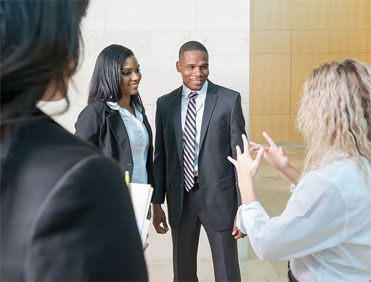

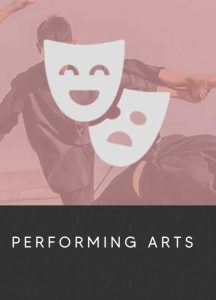
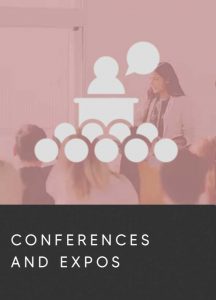
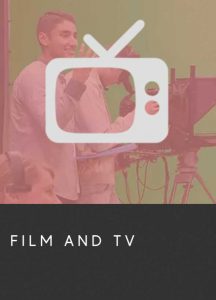
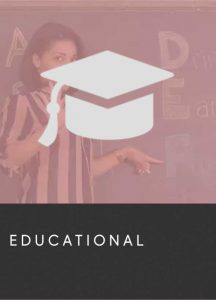
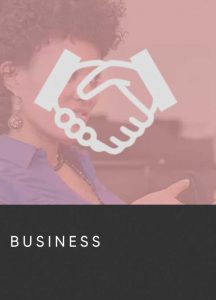
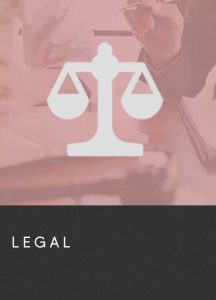
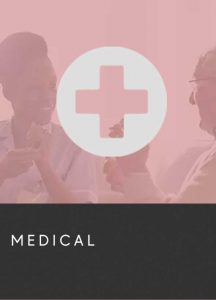
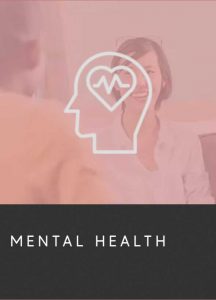
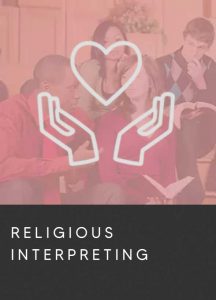
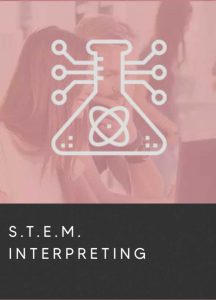
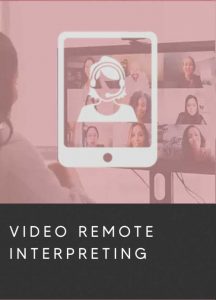
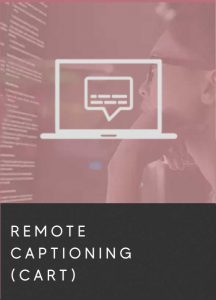

 This holiday season, try to imagine what it would be like if no one sitting around the dinner table took any interest in getting to know you. What if no one in your family asked about your life, or seemed to care how you were doing? Picture how the holidays would be different if you were excluded from the stories, the jokes, and the games that your family shares.
This holiday season, try to imagine what it would be like if no one sitting around the dinner table took any interest in getting to know you. What if no one in your family asked about your life, or seemed to care how you were doing? Picture how the holidays would be different if you were excluded from the stories, the jokes, and the games that your family shares. As a CODA (Child of Deaf Adults), I spent many family events doing the best I could to provide my Deaf mother and siblings with access to conversations. CODAs often fall into the role of interpreter for deaf family members, and we usually don’t mind doing it. But one person can not realistically provide full access to communication when there are multiple deaf and hearing parties. Additionally, a person who is involved in the social dynamics of the family can not facilitate communication in an impartial way. For example a CODA might alter one family member’s actual message to avoid hurting another relative’s feelings.
As a CODA (Child of Deaf Adults), I spent many family events doing the best I could to provide my Deaf mother and siblings with access to conversations. CODAs often fall into the role of interpreter for deaf family members, and we usually don’t mind doing it. But one person can not realistically provide full access to communication when there are multiple deaf and hearing parties. Additionally, a person who is involved in the social dynamics of the family can not facilitate communication in an impartial way. For example a CODA might alter one family member’s actual message to avoid hurting another relative’s feelings. For my deaf family members, holiday events were always pretty boring. Any conversations they did have with hearing family members were limited and generally basic. So last year, for my mother’s birthday, I
For my deaf family members, holiday events were always pretty boring. Any conversations they did have with hearing family members were limited and generally basic. So last year, for my mother’s birthday, I 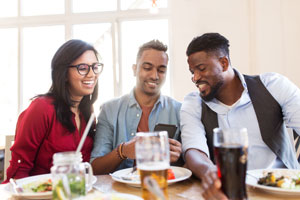 But for my mother, a whole lifetime of feeling excluded could not be erased in one day. While she appreciated the way the interpreters connected the family, it was hard to make up for all the family gatherings spent as an outsider. At the end of the party, everyone kept asking “why haven’t we hired interpreters before?” It hadn’t occurred to them what a big difference the ability to truly communicate would make.
But for my mother, a whole lifetime of feeling excluded could not be erased in one day. While she appreciated the way the interpreters connected the family, it was hard to make up for all the family gatherings spent as an outsider. At the end of the party, everyone kept asking “why haven’t we hired interpreters before?” It hadn’t occurred to them what a big difference the ability to truly communicate would make. When you provide professional interpreters, you actively welcome your deaf relatives into a hearing space.You invite them into your family– all the laughs and debates and reminiscing that bond us with our kin. Providing communication access for deaf relatives sends a clear message that their participation is valued. It was such a joy to watch my deaf siblings and little nieces get to know my hearing aunts, breaking through generations of communication barriers, making real connections. It’s hard to believe they all went so long without sharing these moments!
When you provide professional interpreters, you actively welcome your deaf relatives into a hearing space.You invite them into your family– all the laughs and debates and reminiscing that bond us with our kin. Providing communication access for deaf relatives sends a clear message that their participation is valued. It was such a joy to watch my deaf siblings and little nieces get to know my hearing aunts, breaking through generations of communication barriers, making real connections. It’s hard to believe they all went so long without sharing these moments!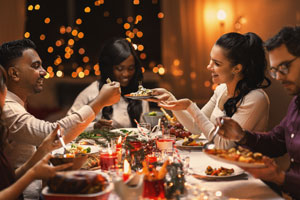
 “After all the years of silence and rejection; I felt like I had lost my identity,” these powerful words stared at me from my computer screen, bringing tears to my eyes. The author, an individual with degenerative hearing loss, had recently attended an open-to-the-public cultural event I interpreted for. This person was incredibly grateful to have interpreters for the poetry and music because, as the e-mail went on to discuss, it’s so alienating to live in the grey area between the deaf and hearing worlds. As a CODA, I can kind of relate.
“After all the years of silence and rejection; I felt like I had lost my identity,” these powerful words stared at me from my computer screen, bringing tears to my eyes. The author, an individual with degenerative hearing loss, had recently attended an open-to-the-public cultural event I interpreted for. This person was incredibly grateful to have interpreters for the poetry and music because, as the e-mail went on to discuss, it’s so alienating to live in the grey area between the deaf and hearing worlds. As a CODA, I can kind of relate.
 Those who identify as “big D – Deaf” feel rejected by the mainstream implication that deafness is a disability. Oral communicators feel rejected by ASL purists. CI users feel rejected by Deaf culture. And the cycle continues. Nobody is doing it “correctly” if they aren’t doing it your way.
Those who identify as “big D – Deaf” feel rejected by the mainstream implication that deafness is a disability. Oral communicators feel rejected by ASL purists. CI users feel rejected by Deaf culture. And the cycle continues. Nobody is doing it “correctly” if they aren’t doing it your way. If there is one thing all deaf individuals excel at, it is adapting to circumstances. Finding a common method of communication is not always easy, but is expected when working in an office, participating in your child’s after school activities, or even just buying coffee. In other words: communicating the best way you know how is a necessary part of life. Whether you choose do do so via technology, ASL, lip reading, or any other method of communication does not make you more right or wrong than anyone else.
If there is one thing all deaf individuals excel at, it is adapting to circumstances. Finding a common method of communication is not always easy, but is expected when working in an office, participating in your child’s after school activities, or even just buying coffee. In other words: communicating the best way you know how is a necessary part of life. Whether you choose do do so via technology, ASL, lip reading, or any other method of communication does not make you more right or wrong than anyone else.
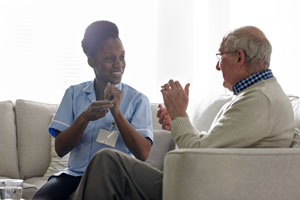 Last thing you remember, you were walking down the street; now you are lying in a hospital bed. The lights are so bright, you can barely see, and your whole body is in pain. You try asking for assistance, but none of the medical staff can understand you, because none of them communicate by using ASL. They hand you some paperwork and ask you to write your questions on a note pad, but all you want is a conversation. What happened to you? How did you get here? What are you supposed to do now?
Last thing you remember, you were walking down the street; now you are lying in a hospital bed. The lights are so bright, you can barely see, and your whole body is in pain. You try asking for assistance, but none of the medical staff can understand you, because none of them communicate by using ASL. They hand you some paperwork and ask you to write your questions on a note pad, but all you want is a conversation. What happened to you? How did you get here? What are you supposed to do now?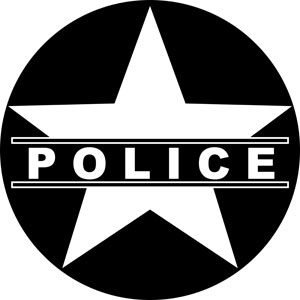 As eager as a CODA might be to step up to help their family member, they often lack the medical, technical, or legal knowledge to deliver the news they are being asked to deliver. Medical professionals learn to explain diagnoses in a sensitive manner, because the terminology is complex, and often you are receiving very emotional news. Police and civil servants are trained to communicate with frightened or confused victims. CODAs are generally not equipped to explain medication regimens or legal charges to a family member, especially in a crisis situation. They should not be expected to provide this service simply because they are bilingual.
As eager as a CODA might be to step up to help their family member, they often lack the medical, technical, or legal knowledge to deliver the news they are being asked to deliver. Medical professionals learn to explain diagnoses in a sensitive manner, because the terminology is complex, and often you are receiving very emotional news. Police and civil servants are trained to communicate with frightened or confused victims. CODAs are generally not equipped to explain medication regimens or legal charges to a family member, especially in a crisis situation. They should not be expected to provide this service simply because they are bilingual.





